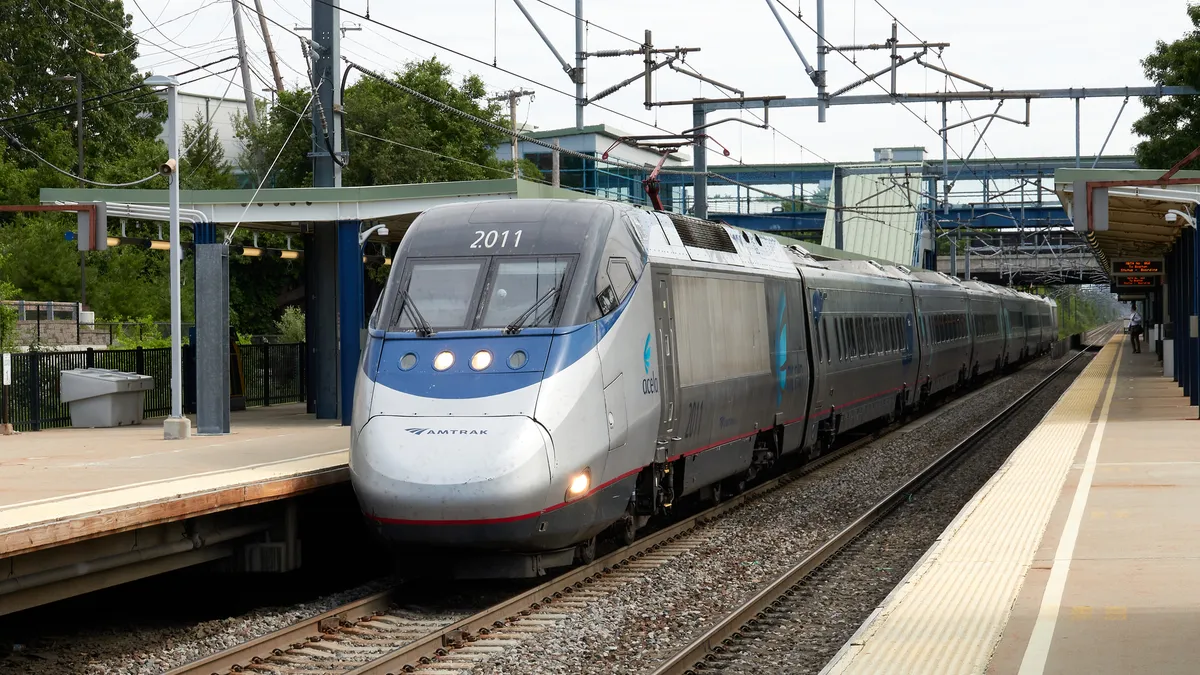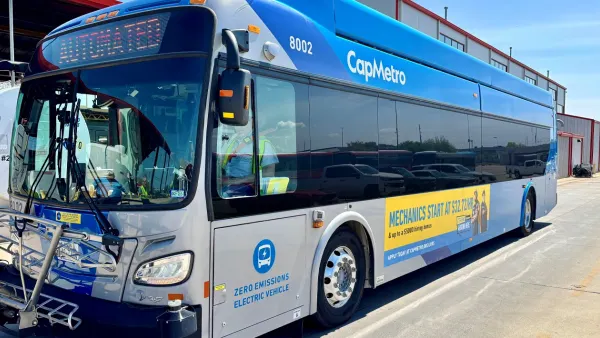Dive Brief:
- A group of the country's mayors has formed a task force in the hopes of influencing the direction of President Donald Trump's $1 trillion infrastructure plan, according to The Hill.
- The U.S. Conference of Mayors (USCM) group, led by Los Angeles Mayor Eric Garcetti, said it will work with the Trump administration and Congress to make sure the projects specified in any spending bill include those that will provide the most direct benefit to cities, as well as include the use of tax-exempt municipal bonds and direct federal funding.
- Garcetti and the USCM have reportedly been in communication with the Trump administration about infrastructure priorities in America's cities since before the inauguration and have met with members of Congress and Transportation Secretary Elaine Chao to discuss their concerns.
Dive Insight:
Although infrastructure has been a major talking point since the 2016 presidential campaign, the Trump administration has yet to release any concrete details on its plan — leaving a possible opening for the USCM and Garcetti to influence the end result.
Even in the president's proposed 2018 budget, there was no mention of a massive infrastructure program. In fact, he suggested eliminating programs like Transportation Investment Generating Economic Recovery (TIGER) grants and the Federal Transit Administration's Capital Investment program, with a note to critics that he was cutting those initiatives to be able to apply more funds toward a larger program.
In the short-term spending bill that Congress passed last month, however, those initiatives were included, and the FTA even saw an increase in funding for its capital program.
Another letdown for infrastructure advocates is the fact that there was no spending tie-in to the Trump administration's tax reform bill. The proposal as-is would see a repatriation of foreign corporate earnings but does not earmark any of the extra revenue for infrastructure projects.
Without a clear funding mechanism, some proponents of Trump's $1 trillion plan are reportedly worried that the spending program could be postponed for years or never come to fruition.











